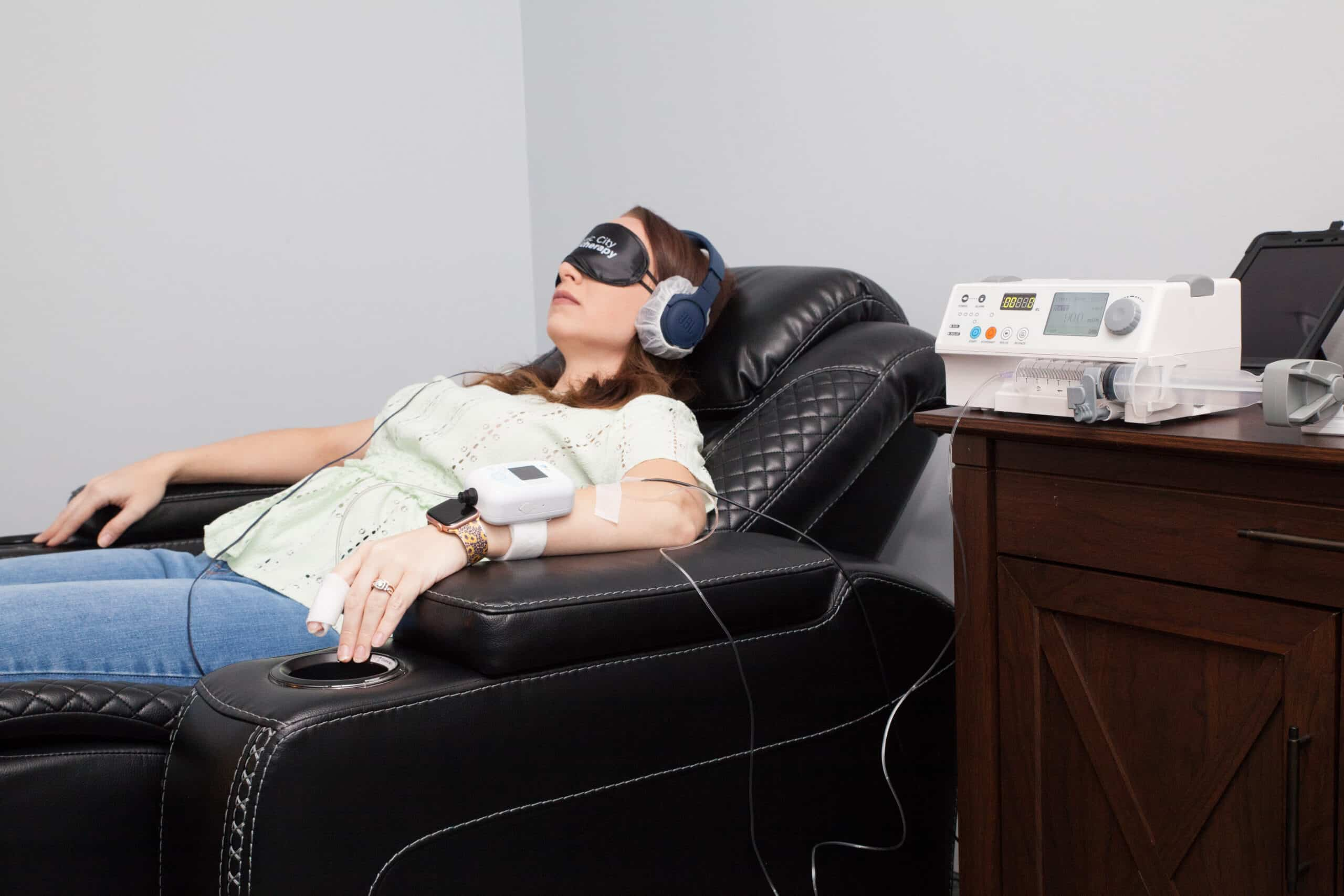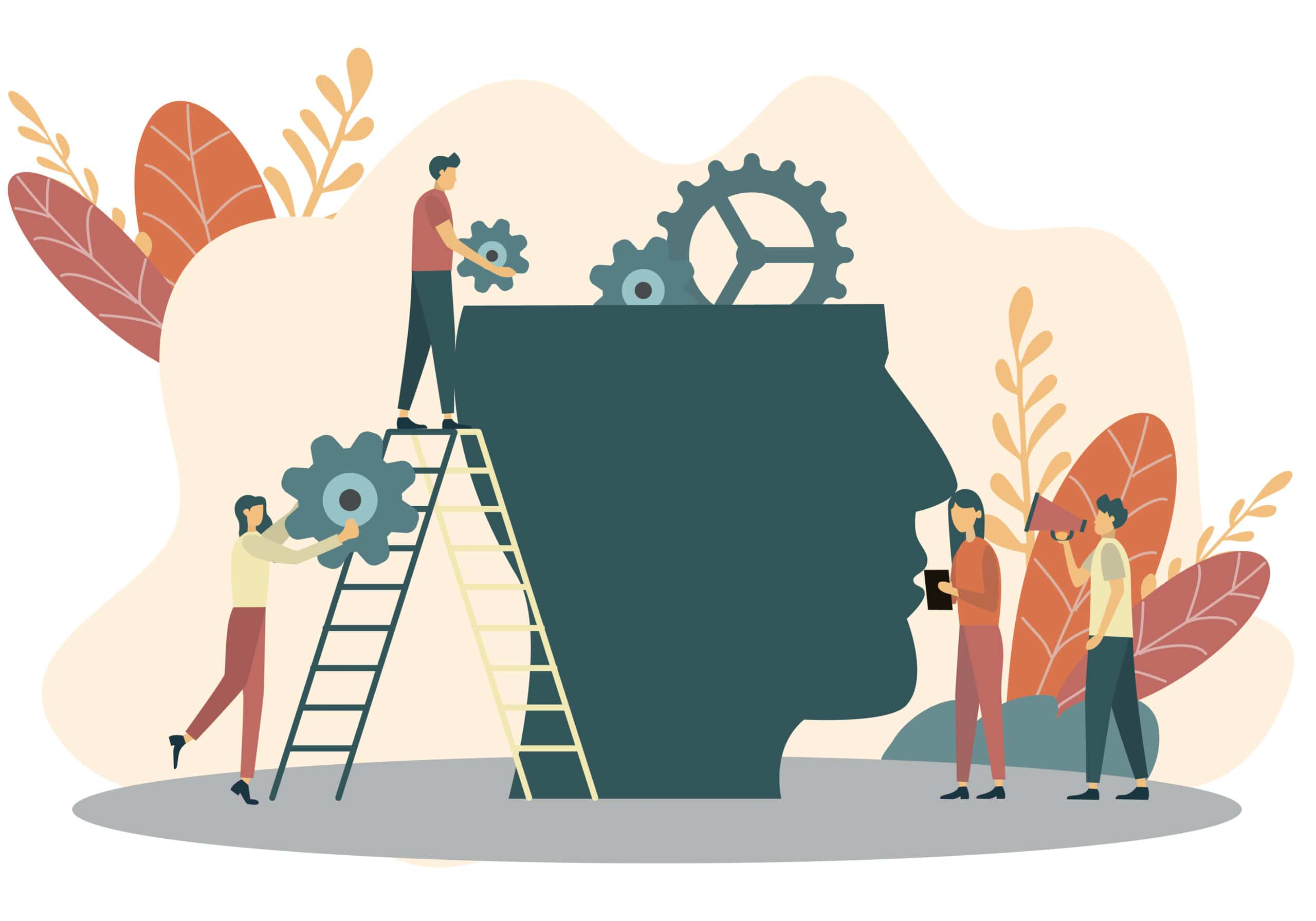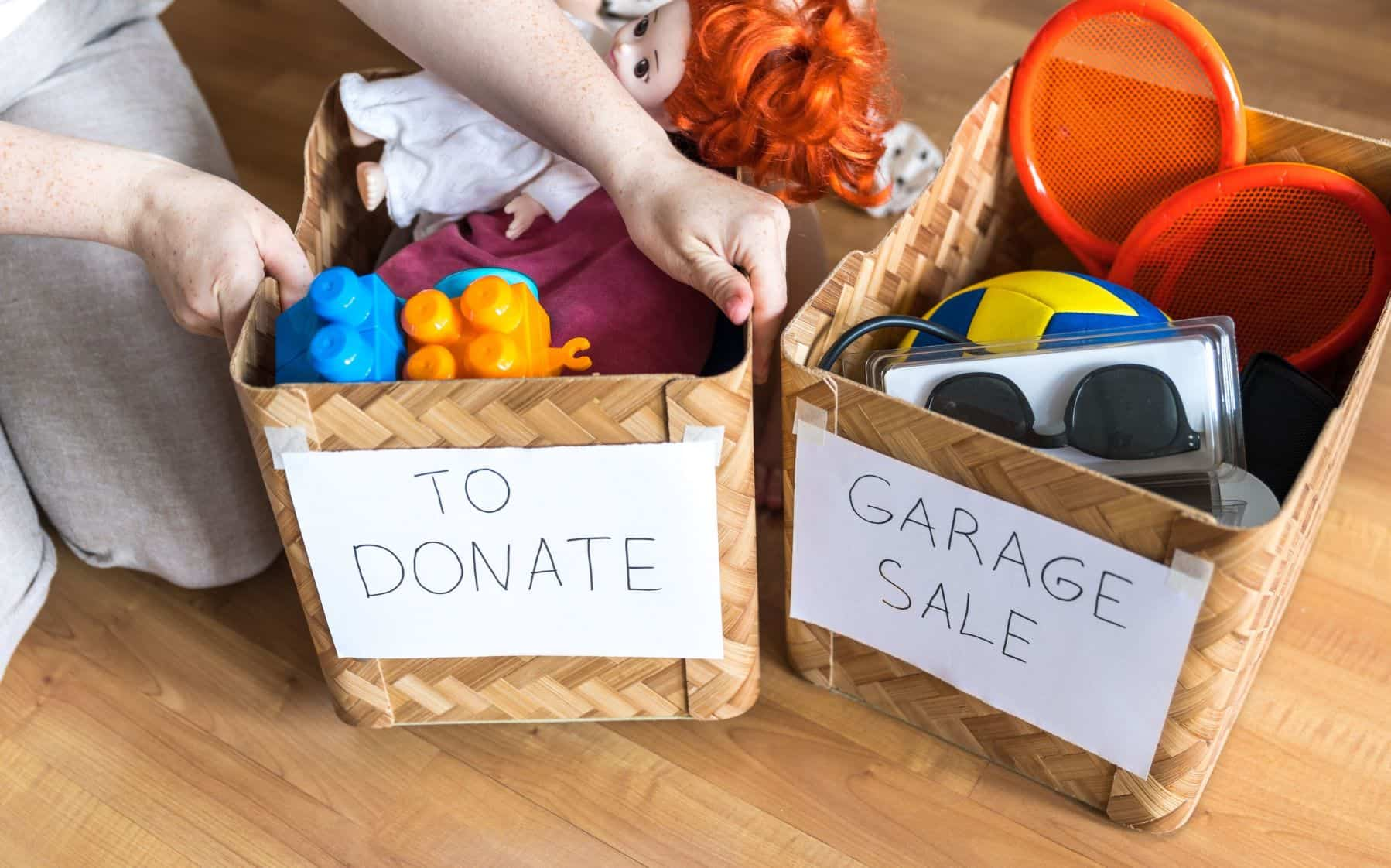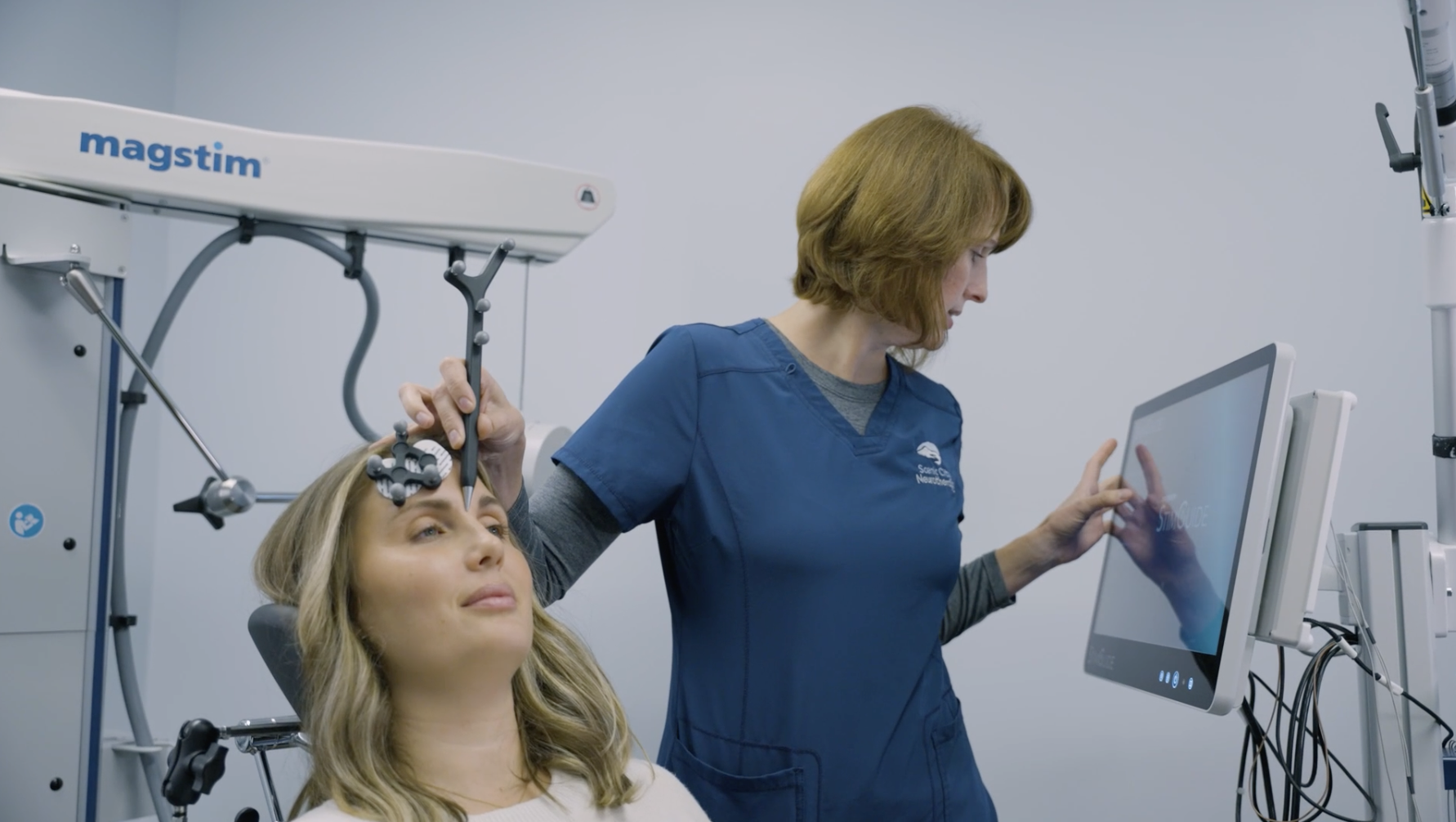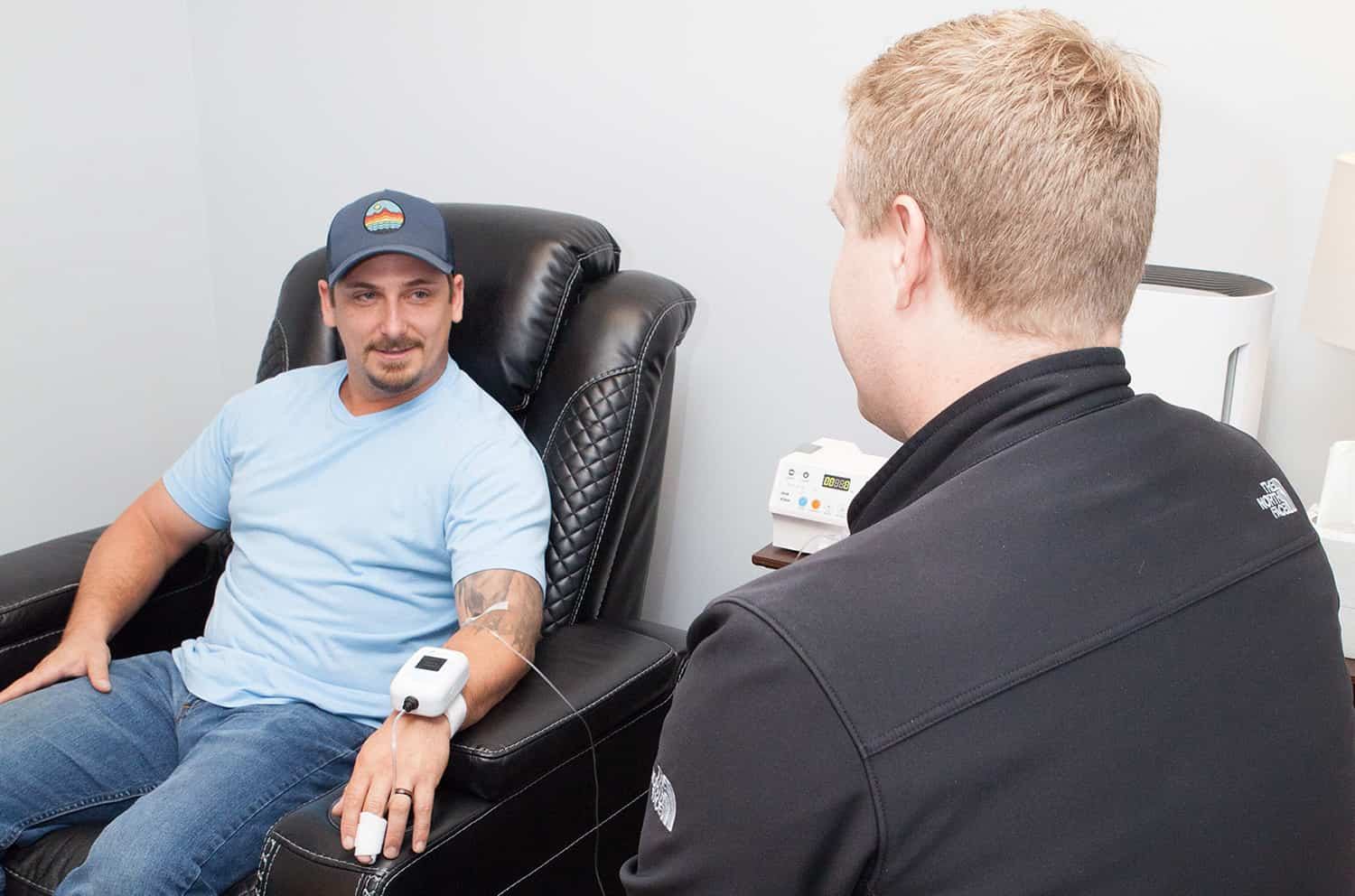Time to address Dwayne Haskins. Tragically, the 24-year old football player was struck and killed by a motor vehicle on April 9, 2022. News outlets reported that Mr. Haskins tested positive for norketamine, which is a biproduct of the anesthetic ketamine. This means that, while he did not actively have ketamine in his system, he had ingested ketamine recently. It is only mentioned as an after-thought in the article that Mr. Haskins blood alcohol was 0.2 at the time of his death. This is more than double the legal limit in Florida. Unfortunately, alcohol intoxication is not nearly as uncommon or shocking. When it is clear that alcohol was the primary intoxicant when he wandered into traffic and was killed, why does the media focus on his recent ketamine use? These days, with all of the media attention ketamine is receiving due to its unmatched potential in treating mood disorders, cognitive issues, and many pain conditions, ketamine still possesses the stigma of being a party drug. The first article that I read described ketamine as a “counterculture drug from 1970, which emerged as a Party Drug in the early 2000’s.” It neglected to mention that ketamine is one of our primary anesthetics for children 6 months and older, or that it is one of the World Health Organization’s 100 essential medications. It does not expand on its use as a neuro-regenerative medication that facilitates enhanced communication in the brain which is shown to improve cognitive function, mood stabilization, and quality of life for millions of Americans. Ketamine is not and has NEVER been an illegal drug. It is a DEA controlled medication in the same class as testosterone supplementation. Unlike illicit drugs such as LSD, Psilocybin(Magic Mushrooms) and MDMA (Ecstacy), ketamine hydrochloride is a legal non-opioid and non-narcotic anesthetic that is safe and passive. It is exclusively a medication. It is not produced in 3rd world laboratories and smuggled across the border. It is a generic anesthetic produced by the same pharmaceutical companies that make every other medication we take.
Here is where we encounter a problem. The research is plentiful on how ketamine is a powerful and effective treatment for patients who struggle with mood disorders like depression, anxiety, bipolar disorder, and OCD. It has also been effective with age related dementia, Alzheimer’s disease, stroke recovery, traumatic brain injury recovery, and it is very effective at treating the Post-acute Coronavirus Syndrome “brain fog” which has been experienced by millions. Because of this new use for an old anesthetic, less ethical providers will compound and mail ketamine in an oral or intranasal form for you to self administer at home. It is very possible that Mr. Haskins did not get his ketamine in the club or from an illegitimate source. Rather, he likely acquired this through a legitimate medical prescription. Ketamine is often used for nerve pain, and Mr. Haskin’s is a football player. When administered properly under the care of an anesthesia provider, it can be a better pain management alternative than opioids because of its decreased risk of addiction and its longer lasting potential for relief. Self-administering anesthetics at home and without medical supervision has resulted in many deaths and injuries, not to mention accidental administrations or diversions for recreational abuse.
Oral and intranasal ketamine CANNOT produce the neuro-regenerative response which is responsible for patients achieving a state of remission of his or her depressive symptoms. Large venture capital groups and ethically flexible medical providers have jumped at the opportunity to prescribe at-home ketamine and have found it to be a quick and easy way to capitalize on a disruptive scientific breakthrough. Sending it home for a patient to administer passes all responsibility, liability, and consequences to the patient. Before mailing you anesthetics to self-administer, you will sign a release that will absolve these companies and providers should you the laryngospasm (throat closes off unexpectedly and you cannot breathe) or vomit/aspirate (which is the most common complication with at home intranasal or oral ketamine). Dozens of people die every year from prescribed self-administration of ketamine. The problem is that no one hears about these deaths because, until they harm enough people or the rightpeople like in the case with Mr. Haskins, the greater medical community is unaware of a problem. These providers do not inform the patient that the research supporting the use of ketamine does not apply to the oral or intranasal forms. Ketamine is only FDA approved to be administered intravenous (IV) or intramuscular (single shot). All other methods of administration (oral, sublingual (troches), intranasal) are considered human experimentation and cannot produce the desired neuro-regenerative response. If you are a patient who takes these administration forms and were not informed that this is human experimentation, you have been placed at undue risk by your prescriber. Whomever sold you these oral or intranasal forms has experimented on you without your consent. Further, they have committed fraud by describing the results of intravenous treatment then attributing these results of IV ketamine to the lesser, cheaper oral/intranasal form. They prescribed you an untested, subpar method of administration that cannot possibly produce the results of IV administration.
With all anesthetic administration, it is not only what you get, but how you get it. It must be administered in a setting that is safe, supported, where vitals can be monitored, and complications can be managed by a medical professional. Self-administrationofanestheticsis historically a terrible idea. There is a pathway to get incredible benefit from ketamine, but we cannot sacrifice safety for accessibility. The answer is obvious. We need to push for a better way for patients to access treatments that utilize best practice methods and safety protocols, but are also accessible and affordable. At Scenic City Neurotherapy in Chattanooga, Tennessee, our success is tied to our patients’ success. We support our patients with best practice methods, excellent education, appropriate expectations, and a strong follow-up program that supports each patient’s needs. Scenic City Neurotherapy’s model produces the highest rates of patient reported remission of symptoms, the maximal comfort while undergoing treatment, and a team approach which includes your counselors, psychiatrists, and our anesthesia team.
Contact our clinic by submitting an online consultation request or calling our office at 423-228-0579.
